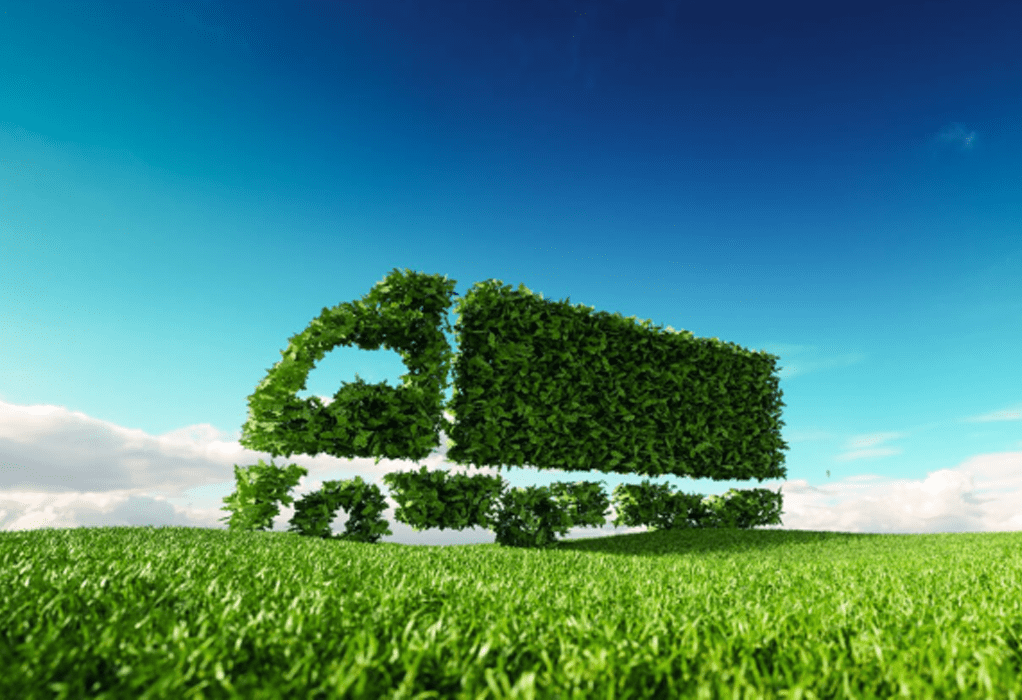To help put the world on track for net zero emissions by 2050, automakers need to almost triple the pace of fuel economy improvements compared with the past 15 years. The fuel economy of the world’s cars and vans needs to improve massively in the coming years for the automotive industry to do its part to support global efforts to reduce greenhouse gas emissions, according to a new report by the International Energy Agency and key partners.
According to the latest edition of the Global Fuel Economy Initiative’s (GFEI) report on light-duty vehicle sales, global average fuel consumption has improved very slowly or even increased over the last few years in some major car markets such as the European Union and the United States. Globally, average fuel consumption declined just 0.9% over the past two years, helped by China where it fell on the back of stricter standards.
Given this slow overall global progress, achieving the GFEI’s target of halving fuel consumption of new cars and vans by 2030 relative to 2005 will require a near tripling of the average annual pace of improvement seen over the past 15 years. Fuel economy measures the distance a vehicle can travel per unit of a particular fuel, such as kilometres per litre, and is a key indicator of the greenhouse gas and pollutant emissions from the use of cars.
The GFEI report on light-duty vehicle sales is published by the IEA and its partners every two years. This year’s edition extends the scope to include for the first time a “well to wheel” analysis, which looks at emissions produced from the extraction, refining and processing of a fuel up to the point when it is consumed in a vehicle engine. For internal combustion engine cars, most emissions occur at their tailpipe (“tank to wheel”), while less than 20% of overall emissions are related to the production of their fuels (“well to tank”). By contrast, for battery electric and fuel cell electric vehicles, almost all the emissions are incurred in producing and delivering the electricity or hydrogen on which they run.
Countries around the world have historically set fuel economy standards with the aim of reducing the fuel consumption of vehicles over time. The slowing pace of improvement between 2017 and 2019 results from a number of factors. These include stagnating fuel economy standards in the US and the EU up to 2019; the rising market share of SUVs, which can use almost one-third more fuel than a medium-sized car; the rising cost of squeezing out further efficiency gains from mature technologies; and the slow adoption of more efficient alternative powertrains such as electric cars to compensate for larger vehicles.
The analysis in the new report shows that in practically all countries in 2019, battery electric vehicles had the lowest emissions, followed by plug-in hybrids and hydrogen fuel cell electric vehicles. Hybrid vehicles have the lowest well-to-wheel emissions among vehicles with internal combustion engines using gasoline, diesel or compressed natural gas. By 2030, the difference is set to be even starker because the production of electricity and hydrogen becomes less emissions-intensive as low-carbon sources increasingly displace fossil fuels.
The new report includes several recommendations to improve fuel consumption trends, such as stronger policies to increase the market share of efficient zero emissions cars, to foster technological advances in vehicles using mainly gasoline or diesel, and to discourage the trend of ever-increasing vehicle size and power.
Source: https://www.iea.org/news/
Tags: GFEI, Greenhouse gases, International Energy Agency, Net zero Emissions



Recent Posts
Report Highlights Pathway for Electrifying Nigeria’s Container Trade Sector
South Korean Company YPP Plans to Invest up to $3.1 Billion in Green Hydrogen Production in Kazakhstan
WattEV Expands Electric Truck Charging Network with Three New Depots in California
Anemoi Develops New Method to Accurately Measure Wind-Assisted Propulsion Benefits
Navigator Holdings and Amon Maritime Form Joint Venture for Ammonia-Fuelled Carrier Fleet
Hygenco Commissions Maharashtra’s First Green Hydrogen and Oxygen Facility to Power STL’s Net Zero Goals
India Invites Second Round of R&D Proposals Under ₹4 Billion Green Hydrogen Mission
BMTC Adds 148 Tata Electric Buses to Bengaluru Fleet, Strengthens Green Mobility Drive